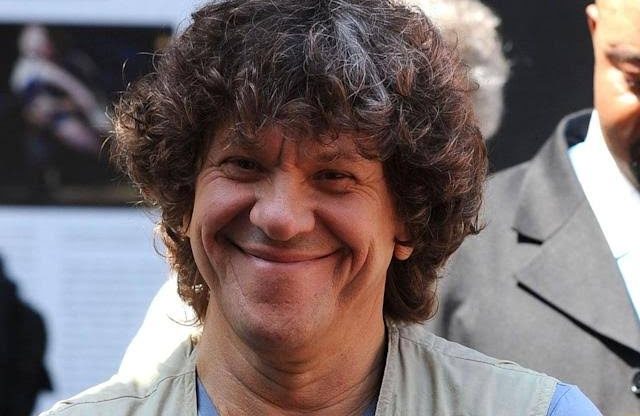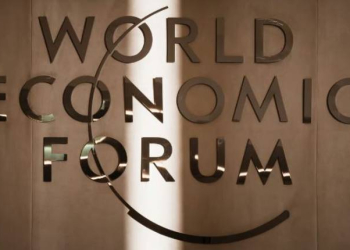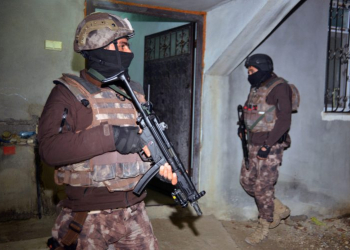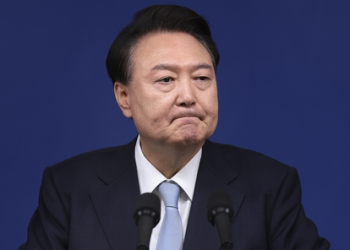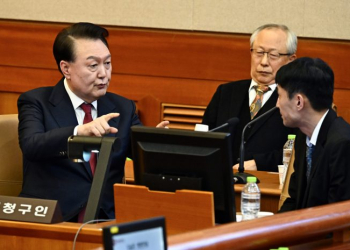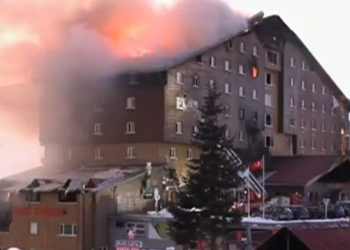New York: Michael Lang, the co-creator and organiser of 1969’s Woodstock Music and Art Fair, that emblematic counter-culture moment fuelled by acid, anti-Vietnam War sentiments and free love, died on Saturday (U.S. Eastern Time) at the age of 77 at Sloan Kettering, New York City.
The cause of death was a rare form of Non-Hodgkin’s lymphoma, according to family spokesperson Michael Pagnotta quoted by ‘Variety’. Lang is survived by his wife Tamara, their sons Harry and Laszlo, and his daughters LariAnn, Shala and Molly.
The Brooklyn-born New York college dropout started his working life running a ‘head shop’ (selling cannabis and all associated paraphernalia) in Miami, Florida. He then went on to become a top concert organiser, and represented some of the biggest names in music, starting with Joe Crocker.
Lang last appeared publicly just before the Covid pandemic hit around the 50th anniversary of the festival. He was attempting to resurrect the festival, which featured, among others, the high priest of Transcendental Meditation, Mahesh Yogi, and Pandit Ravi Shankar, but didn’t succeed.
Woodstock’s reputation, though, has endured. It is regarded as one of the “seminal cultural moments” in recent history for the youth power it symbolised as well as its iconic lineup of 30-plus performers, including The Grateful Dead, The Who, Carlos Santana, Sly and the Family Stone, Joan Baez, Jimi Hendrix and Jefferson Airplane.
As many as 400,000 young people attended the concert, which was held on the farm of Max Yasgur in Bethel, New York, and they caused the New York State Thruway to shut down because they abandoned their cars on it to be able to make it to the event on time using any other available means of transport.
As Robin Williams once said so memorably about the lasting memories of Woodstock: “If you can remember Woodstock, you probably weren’t there.” Although Lang, and his associates John Rosenman, Artie Kornfeld and John P. Roberts were plagued by logistical issues and last-minute snafus, Woodstock went down in history books as one of best-organised live concerts held on a mammoth scale.
Lang organised two more Woodstock events, including one that was rain-drenched and nicknamed ‘Mudstock’ in 1994 and then another in 1999, which was marked, in the words of ‘Variety’, by “the violence and vandalism of the audience, with Limp Bizkit’s ‘Break Stuff’ becoming the unofficial theme song of a festival destined not to be remembered as emblematic of peace and love”.
In 2019, Lang’s ultimately unsuccessful attempts to produce a 50th anniversary Woodstock festival suffered insurmountable setbacks even after announcing a bill of heavy hitters, including Jay-Z, Miley Cyrus and Dead and Company.
Nevertheless, Lang has become an unmissable part of America’s pop culture history. He is featured in many scenes of the 1970 documentary, ‘Woodstock: 3 Days of Peace & Music’. In the 2009 Ang Lee film, ‘Taking Woodstock’, he is portrayed by Grammy Award-winning actor-singer Jonathan Groff. That very year, he wrote the critically acclaimed New York Times Best Seller, ‘The Road to Woodstock’, with Holly George Warren.
Lang may have passed on, but Woodstock refuses to fade away from our collective memory.
(IANS)



